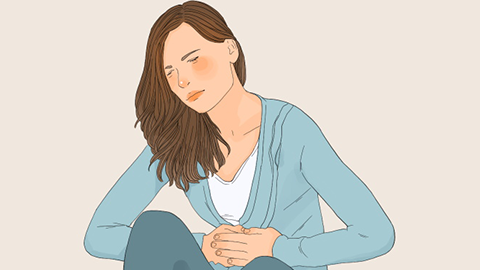What are the methods for relieving dysmenorrhea?
Common methods to relieve dysmenorrhea include applying heat, drinking brown sugar ginger tea, engaging in appropriate physical activity, regulating emotions, and taking medication. A detailed explanation is as follows:

1. Applying Heat
Placing a hot water bag or a warm compress on the painful area during menstruation can promote local blood circulation and alleviate dysmenorrhea.
2. Drinking Brown Sugar Ginger Tea
Brown sugar can warm the stomach, while ginger tea helps dispel cold. Drinking brown sugar ginger tea during dysmenorrhea can stimulate the endometrium, assist its shedding, and prevent pain caused by uterine contractions due to incomplete endometrial shedding.
3. Engaging in Appropriate Physical Activity
Engaging in moderate exercise, such as yoga, jogging, or walking, can improve metabolism and circulation, and release endorphins, which may help alleviate menstrual pain.
4. Regulating Emotions
Maintaining a positive mindset, trying to divert attention, and avoiding emotional fluctuations can help reduce the severity of dysmenorrhea.
5. Taking Medication
If dysmenorrhea symptoms are severe and non-pharmacological treatments are ineffective, painkillers such as ibuprofen sustained-release capsules, ketoprofen sustained-release capsules, or diclofenac sodium sustained-release tablets may be used under a doctor's guidance to relieve pain.
Whether experiencing mild or severe dysmenorrhea, it is important to pay attention to your body's responses and seek professional medical advice when necessary to find the most suitable relief strategy. In daily life, avoiding spicy and irritating foods such as pepper, garlic, and chili peppers, staying warm, and drinking more warm water can also help alleviate symptoms of dysmenorrhea.







